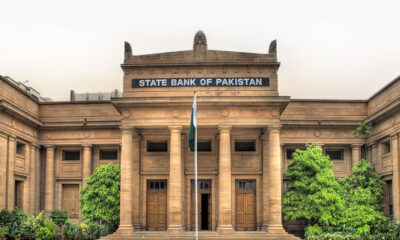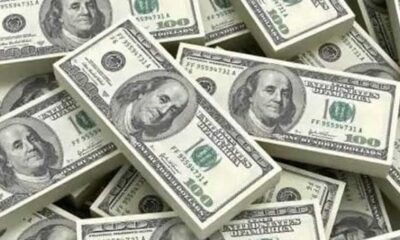- Since Jan 2022, SBP has raised rates by a total of 1,250bps.
- Says decision necessary to keep real interest rate in positive territory.
- Also states decision would help “anchor inflation expectations”.
Following withdrawal of its guidance on imports, the State Bank of Pakistan’s (SBP) Monetary Policy Committee (MPC) on Monday decided to jack up the policy rate by 100bps to 22% in an emergency meeting days after it had announced no change in the interest rate.
Since January 2022, the central bank has raised rates by a total of 1,250bps.
In a statement, the MPC explained the contest of the emergency meeting as in the last meeting on June 12 it had decided not to jack up the policy rate. Back then it had viewed it as appropriate to achieve the objective of price stability “barring any unexpected domestic and external shocks”.
However, the SBP said that it has now decided to increase the interest rate because of “two important domestic developments” that have “slightly deteriorated inflation outlook and which could potentially increase pressure on the already stressed external account”.
“First, there are certain upward revisions in taxes, duties and PDL rate in FY24 budget as approved by the National Assembly on June 25. Second, the SBP, on June 23, withdrew its general guidance for commercial banks on prioritisation of imports,” the MPC said. It added that the withdrawal of the guideline on imports was “necessary” due to the ongoing negotiations with the International Monetary Fund (IMF) but has “increased the upside risks to the inflation outlook”.
“The committee views that additional tax measures are likely to contribute to inflation both directly and indirectly, while the relaxation in imports may exert pressures in the foreign exchange market. The latter may result in higher-than-earlier anticipated exchange rate pass-through to domestic prices,” it further added.
“With this background, the MPC convened an emergency meeting to respond to these developments. The MPC decided to raise the policy rate by 100 bps to 22 per cent, effective 27th June 2023,” said the central bank. It added the decision was “necessary to keep real interest rate firmly in the positive territory on a forward-looking basis”.
The central bank also believes that the decision would help “anchor inflation expectations” and “support bringing down inflation towards the medium-term target of 5–7% by the end of FY25”.
“The MPC views that today’s decision — along with the expected completion of the ongoing IMF program and the government adhering to the target of generating a primary surplus in FY24 would help in addressing external sector vulnerabilities and reduce economic uncertainty. The committee reiterated that it would continue to carefully monitor evolving economic developments and stands ready, if necessary, to take appropriate action to achieve the objective of price stability over the medium term,” the SBP said.

 Latest News2 days ago
Latest News2 days ago
 Latest News2 days ago
Latest News2 days ago
 Latest News2 days ago
Latest News2 days ago
 Latest News2 days ago
Latest News2 days ago
 Latest News2 days ago
Latest News2 days ago
 Latest News2 days ago
Latest News2 days ago
 Latest News2 days ago
Latest News2 days ago
 Latest News2 days ago
Latest News2 days ago























